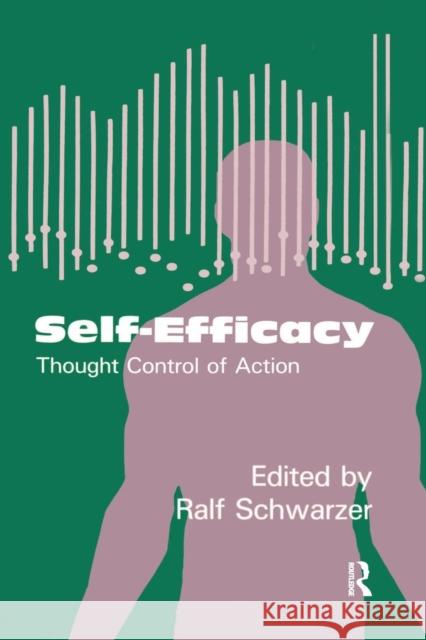Self-Efficacy: Thought Control of Action » książka
topmenu
Self-Efficacy: Thought Control of Action
ISBN-13: 9781138996021 / Angielski / Miękka / 2015 / 424 str.
Self-Efficacy: Thought Control of Action
ISBN-13: 9781138996021 / Angielski / Miękka / 2015 / 424 str.
cena 254,64
(netto: 242,51 VAT: 5%)
Najniższa cena z 30 dni: 236,52
(netto: 242,51 VAT: 5%)
Najniższa cena z 30 dni: 236,52
Termin realizacji zamówienia:
ok. 22 dni roboczych.
ok. 22 dni roboczych.
Darmowa dostawa!
First published in 1992. Routledge is an imprint of Taylor & Francis, an informa company.











